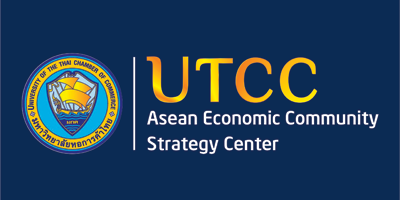Philippines: DoF bets on 6.5%-7% economic growth this yr
The Department of Finance (DOF) expects the economy to grow by between 6.5 percent and 7 percent this year, citing brisk domestic production, a healthy foreign exchange buffer, a strong banking system and a young and educated workforce.
Finance Secretary Carlos Dominguez 3rd also allayed concerns over the impact of global financial shocks such as higher interest rates in the US and a surge in protectionism that could influence the flow of global trade, saying the Philippines in general does not rely on external trade as a growth driver.
“We have a very strong banking system. We have a population that is young, educated, healthy and very enthusiastic. So I think our domestic economy is well positioned to grow between 6.5 percent and 7 percent as most institutions have predicted,” he said.
The latest economic forecast by the Cabinet official compares with government’s official target of 6.5 percent to 7.5 percent and analyst’s forecasts of 6.3 percent and 6.9 percent.
The Philippine Statistics Office reported last week gross domestic product (GDP) grew by 6.8 percent in 2016.
President Rodrigo Duterte believes in carrying out “fiscally conservative” policies to rev up the economy and keep the budget deficit within manageable levels, the Cabinet official noted.
“President Duterte was mayor for 22 years. As mayor, he was very fiscally conservative. Davao City has one of the most robust balance sheets in the country, and that’s because he is very conservative in his spending. He makes sure that the taxes due the local government are collected,” he said.
“And believe me, what he practiced in Davao as mayor, he will practice as President,” he added.
To keep the economy on a high-growth path and its benefits felt by Filipinos, he said the government needs to increase public investment in infrastructure, human capital and social protection for the poor and other vulnerable sectors.
Over the medium-term, the government needs to raise P366 billion a year of which roughly two-thirds or P206.8 billion should come from the tax reform bill once it passes Congress and is enacted into law. The money will fund an unprecedented investment strategy that would finally put the Philippines on an “irreversible” path to high and inclusive growth, he noted.
The government aims to raise such additional funds annually through the proposed Comprehensive Tax Reform Program or House Bill 4774.
The government targets to ramp up spending on infrastructure to P1.83 trillion, education and training to P1.27 trillion, health to P272 billion and social protection, welfare and job generation for the poorest of the poor to P509 billion by 2022. The unparalleled public investments over the next six years will amount to P2.2 trillion, he added.
The tax reform program is supposedly expected to help reduce the poverty rate from 21.6 percent in 2015 to 14 percent in 2022, lifting some six million Filipinos out of poverty and helping the country achieve upper middle-income country status with a per capita gross national income of $4,900 – from $3,550 in 2015. That is where Thailand is today, Dominguez noted.
Once the momentum is sustained, the country would be well on its way to becoming a high-income economy by 2040 with a per capita gross national income of a least $11,000, which is where Malaysia is right now, he added.
Source: http://www.manilatimes.net/dof-bets-6-5-7-economic-growth-yr/309852/


 Thailand
Thailand




